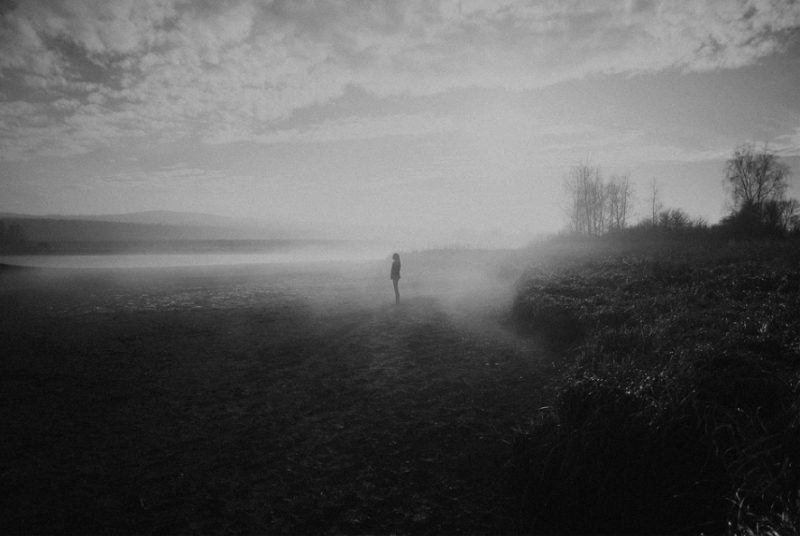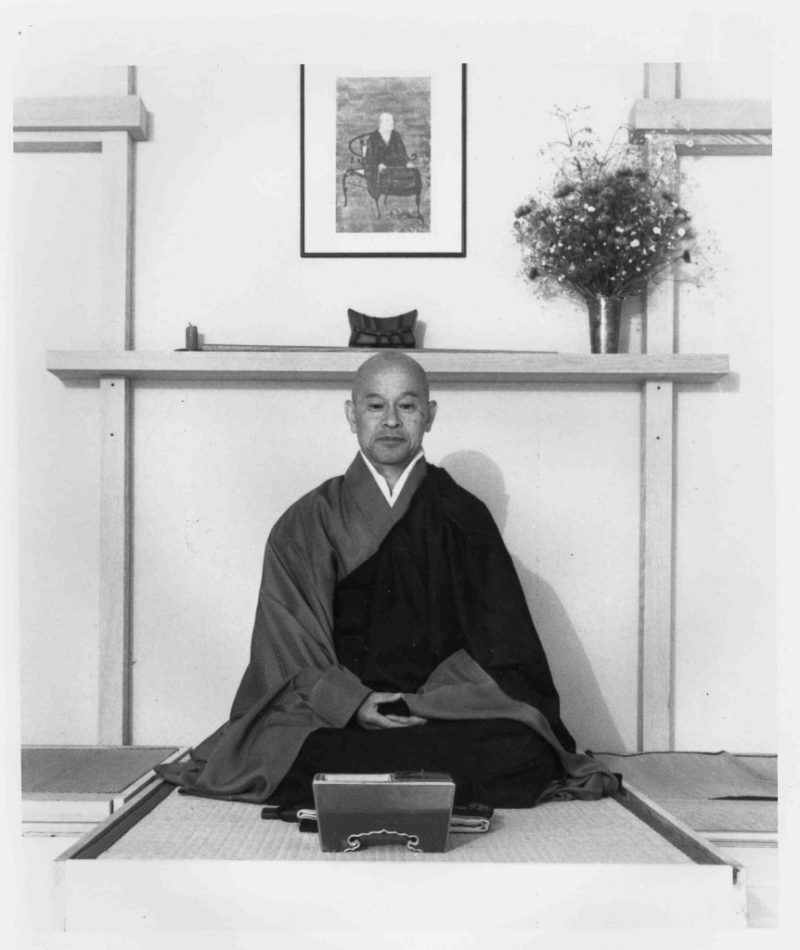
Banish existence
and you fall into existence; follow emptiness
and you turn your back on it. Excessive talking and thinking
turn you from harmony with the Way. Cut off talking
and thinking, and there is nowhere
you cannot penetrate.

Banish existence
and you fall into existence; follow emptiness
and you turn your back on it. Excessive talking and thinking
turn you from harmony with the Way. Cut off talking
and thinking, and there is nowhere
you cannot penetrate.

Turn the caldron
of your self upside down and pour
out what is inferior. By purifying yourself
of bad habits and attitudes now you
make possible outstanding
achievements.
first changing line,
from The I Ching, or Book of Changes
Hexagram 50, Ting / The Caldron
(full text here)
ebooks & apps of the Tao the Ching, I Ching,
Hua hu Ching, and Art of War for
You
can now buy
the I Ching as part of a
five-app bundle of Taoist classics
for iPhone or iPad for less than
the cost of one hardcover
book.


Perfect freedom is
not found without some rules.
People, especially young people, think that
freedom is to do just what they want, that in Zen there
is no need for rules. But this does not mean always to be under
control. As long as you have rules, you have a chance for
freedom. To try to obtain freedom without being aware
of the rules means nothing. It is to acquire
this perfect freedom that we
practice zazen.

If the human species
has been able to make any progress,
it is because of our heart of love and compassion.
We need to learn from compassionate beings how to develop
the practice of deep observation for the sake of others.
Then others will be able to learn from us the way to
live in the present, and see the impermanent
and selfless nature of all that is.
This insight will lessen
suffering.

The most valuable
possessions are equanimity, modesty,
and inner independence. With these you
can travel anywhere and meet
with good fortune.
second changing line
from The I Ching, or Book of Changes
Hexagram 14, Ta Yu / Possession in Great Measure
(full text here)
ebooks & apps of the Tao the Ching, I Ching,
Wei wu Wei Ching, Hua hu Ching, and
Art of War for iPad/Phone, Kindle,
You
can now buy
the I Ching as part of a
five-app bundle of Taoist classics
for iPhone or iPad for less than
the cost of one hardcover
book.
